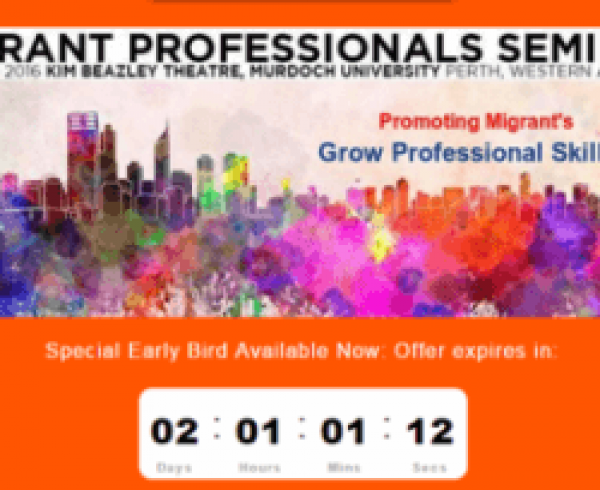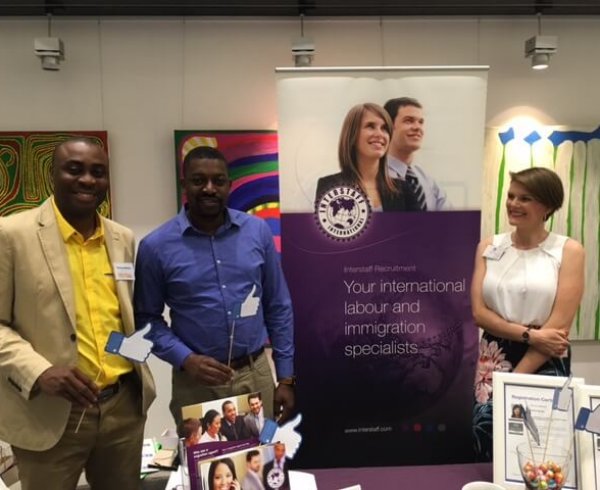- What are the changes to the 457 visa scheme effective from 19 April 2017?
On 18 April 2017, Prime Minister Malcolm Turnbull announced the 457 visa scheme will be replaced by a new Temporary Skill Shortage (TSS) visa program.
The TSS visa will be introduced in March 2018 however, the government is already making changes to the 457 visa to prepare for the new visa program.
On 19 April 2017, immediate changes were:
- Changes to the list of eligible skilled occupations
- Changes to visa validity periods and pathways to permanent residency
Changes to the list of eligible skilled occupations
Effective from 19 April 2017, 216 occupations are no longer listed as eligible for the 457 visa. In addition, restrictions have been added to 59 of the eligible occupations to immediately limit their use.
Changes to visa validity periods and pathways to permanent residency
Previously 457 visas were granted for a period of four years, with only a few exceptions.
Effective from 19 April 2017, the maximum four-year visa period will only be available to persons with an occupation listed on the Medium and Long-Term Strategic Skills List (MLTSSL).
All other applicants listed on the Short Term Skilled Occupation List (STSOL) will be eligible for a maximum visa period of two years.
- Why were the changes made?
457 visas have continued to be a controversial topic in the media. The Government claimed the changes were made to reduce the risk of 457 visa holders being hired in place of Australian workers, however the difficulty in being able to source skills locally for certain occupations remains a contentious topic and there has been much discussion in the media – you can read about this in our immigration news post:
Interstaff will keep you updated on any new information as it is announced and will be on hand to advise on a migration strategy for your business or individual needs.
- What if I have already lodged a 457 visa application?
If you have a 457 visa application lodged, but not yet approved by the Department of Immigration and your occupation has been removed from the skilled occupation lists, your visa will not be able to be granted and the Department will write to you and give you time to consider what to do.
The Government has indicated that visa applicants and sponsoring employers affected by these changes may be eligible for a refund of the government fees associated with the nominations and visa applications.
This is the case whether or not the associated nomination application was approved prior to the changes.
- What is changing for 1 July 2017?
Further changes to the replacement 457 visa program are planned for 1 July 2017, including:
- Possible further adjustments to eligible occupation lists
- Additional requirements for mandatory skills assessments
- Minor changes to training benchmarks for 457 sponsors
- Requirements for police certificates for visa applicants
- How does this impact my work visa options going forward?
With the introduction of additional restrictions to temporary work visas, it is becoming more difficult to secure a skilled work visa.
If your occupation is no longer listed as an eligible occupation, we encourage you to seek guidance from an experienced migration agent to determine any other visa options available to you. There are some pathways currently available that may not be available following the introduction of the TSS visa in March 2018.
The government has not yet clarified how current 457 visa holders will be impacted by the changes following March 2018. Interstaff recommends that visa holders investigate their options by seeking professional assistance as soon as possible.
You may also wish to seek guidance on how long you will be eligible to stay in Australia and whether your visa will allow you to transition to permanent residency.
An experienced migration agent can help you build a strong case for migration that is compliant with policy changes. Interstaff’s 30 years of migration experience has seen a number of businesses and individuals successfully obtain visas and sponsorship under challenging and complex circumstances.
Source:
Interstaff
Department of Immigration and Border Protection






